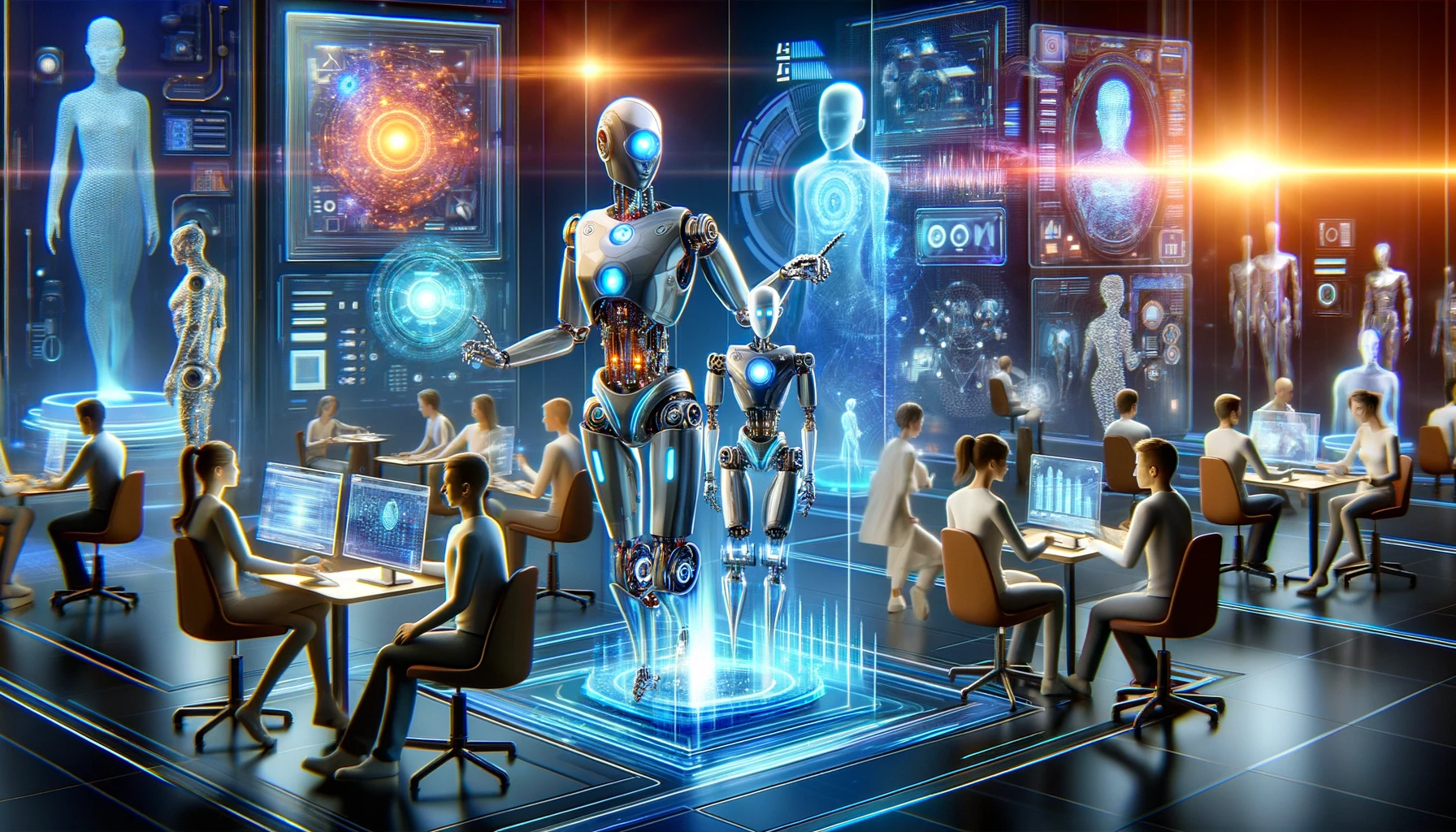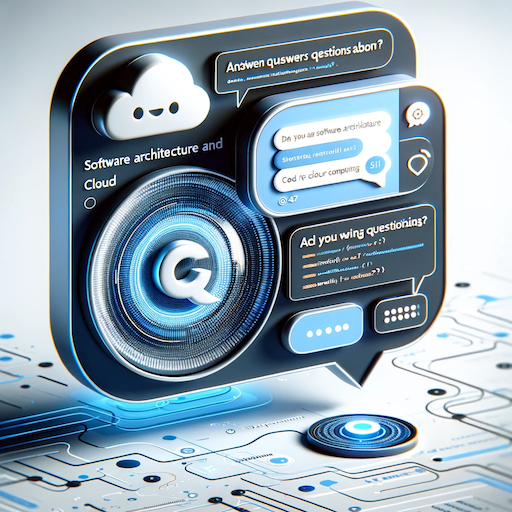In the rapidly evolving world of artificial intelligence (AI), getting caught up in the hype is easy. After all, computer intelligence appears poised to surpass human intelligence in every domain.
However, despite the remarkable progress AI has made in recent years, there are still areas where humans maintain a clear advantage. According to Stanford University's AI Index report for 2024, AI systems continue to lag behind human performance in tasks that require complex cognitive abilities, such as advanced mathematics and visual commonsense reasoning.
This revelation may surprise those who have been inundated with headlines touting AI's superhuman capabilities in everything from chess and Go to language translation and image recognition, to the brand new, amazingly human-like ChatGPT-4o capabilities.
While it's true that AI has achieved remarkable feats in these domains, it's essential to understand that these successes are largely confined to narrow, well-defined tasks for which AI systems can be specifically trained.
AI often struggles to match human performance when it comes to more open-ended, cognitively demanding tasks. Take advanced mathematics, for example. While AI can crunch numbers and perform calculations with lightning speed, it lacks the intuitive understanding and creative problem-solving skills that human mathematicians bring to the table. Humans have the ability to discern patterns, develop novel strategies, and apply abstract reasoning in ways that AI systems simply can't replicate.
Similarly, in the realm of visual commonsense reasoning, humans have a clear edge over machines. We can look at a complex scene and instantly make sense of it, drawing upon our vast repository of real-world knowledge and experience to interpret what we see. We can infer relationships, emotions, and intentions from subtle cues and context, allowing us to navigate social situations and make split-second decisions with ease.
In contrast, AI systems often struggle when confronted with visual tasks that require commonsense reasoning. They may be able to identify objects and people in an image with high accuracy, but they lack a deeper understanding of how these elements relate to one another and what they imply about the larger context. This limitation becomes particularly apparent in real-world scenarios, where the ability to interpret and respond to nuanced social cues can mean the difference between success and failure.
So, what sets humans apart in these complex cognitive tasks? The answer lies in our unique blend of intuition, creativity, and adaptability. Humans have the remarkable ability to learn from a wide range of experiences, to draw connections between seemingly disparate concepts, and to apply our knowledge in novel ways to solve problems we've never encountered before. We can think outside the box, generate new ideas, and adapt our strategies on the fly in response to changing circumstances.
In contrast, AI systems are largely limited by the data they are trained on and the specific algorithms they employ. They excel at many things, such as advanced pattern recognition, but they struggle to generalize their knowledge to new situations or to think creatively in the face of uncertainty.
This is why, despite their impressive performance on specific benchmarks, AI systems often fail to match human performance in more open-ended, cognitively demanding tasks.
Where Can AI Help?
Of course, this is not to say that AI has no role to play in these areas of expertise. On the contrary, AI can be a powerful tool for augmenting and enhancing human intelligence.
That’s the key…AI plays the role of powerful tool to assist human intelligence, not replace it.
By leveraging the speed and accuracy of AI systems to handle routine tasks and crunch large datasets, humans can free up cognitive bandwidth to focus on higher-level, creative problem-solving. The key is to recognize the unique strengths of both humans and machines and to develop symbiotic relationships that allow each to excel in their respective domains.
As we continue to push the boundaries of what's possible with AI, it's essential that we maintain a realistic understanding of its limitations and avoid falling into the trap of believing that machines can replace human intelligence in every domain. While AI will undoubtedly continue to make remarkable progress in the years to come, there will always be a vital role for human intuition, creativity, and adaptability in tackling the most complex and cognitively demanding tasks.
In the end, the true power of AI lies not in its ability to surpass human intelligence, but in its potential to augment and enhance it. By recognizing the unique strengths of both humans and machines, we can harness the power of AI to solve complex problems, drive innovation, and push the boundaries of what's possible. But we must never lose sight of the irreplaceable value of human cognition and the vital role it will continue to play in shaping our world.
Frequently Asked Questions (Ask SAI)
- What specific tasks or areas of expertise are AI systems currently unable to handle that require human cognitive abilities?
AI systems are currently unable to handle tasks that require nuanced understanding, creative problem-solving, and intuitive reasoning. For example, while AI can perform calculations and recognize patterns in data, it struggles with advanced mathematics that involves developing novel strategies and abstract reasoning. Additionally, AI falls short in visual commonsense reasoning, where humans excel at interpreting complex scenes, inferring relationships, emotions, and intentions from subtle cues and context. This human ability to draw upon a vast repository of real-world knowledge and experience is something AI systems currently cannot replicate. - How can AI and human intelligence be effectively integrated to enhance performance in complex tasks?
To effectively integrate AI and human intelligence, it is essential to leverage the strengths of both. AI can handle routine tasks and process large datasets quickly and accurately, freeing up humans to focus on higher-level, creative problem-solving. This symbiotic relationship allows humans to use their unique abilities in intuition, creativity, and adaptability to tackle complex problems, while AI provides support in areas where it excels, such as advanced pattern recognition and data processing. Effective integration involves developing systems where AI augments human intelligence rather than attempting to replace it, ensuring that both can excel in their respective domains. - What advancements or breakthroughs are needed for AI to improve its performance in tasks requiring intuition, creativity, and adaptability?
For AI to improve its performance in tasks requiring intuition, creativity, and adaptability, several advancements and breakthroughs are needed. One significant area is the development of more sophisticated algorithms that can generalize knowledge across different contexts and learn from a broader range of experiences. Additionally, enhancing AI's ability to interpret and respond to nuanced social cues and contextual information would bring it closer to human-like reasoning. Breakthroughs in fields such as neural networks, natural language processing, and cognitive computing could contribute to these improvements, allowing AI to better mimic the flexible and adaptive nature of human cognition.


